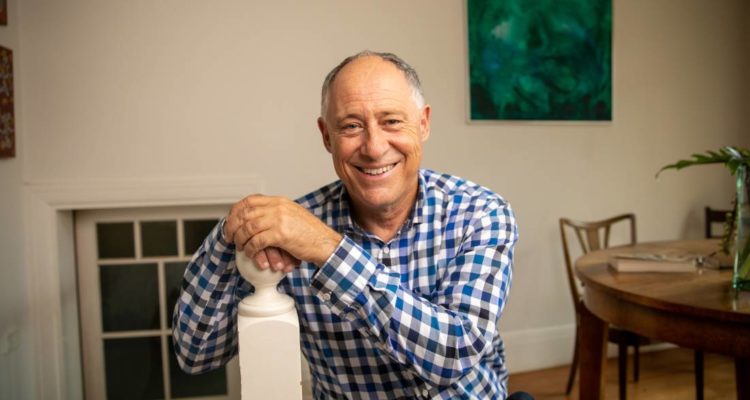TO the northern beaches locals regularly coming to him for medical solutions and baby deliveries, Dr Henry Bierzynski Bernard was a hard-working and beloved family doctor.
But he was also a Holocaust survivor whose psyche was profoundly affected by the experiences of the past, by what he had to do as a Jewish policeman, and especially by losing almost every person close to him, from his parents and young wife Halina to innumerable family and friends.
After emigrating from Poland and settling in Narrabeen, he was obsessed with paying off debt and took extreme steps for his family’s security, even buying a rifle.
Although he stored his striped Auschwitz uniform and a picture of his mother in a special drawer in his wardrobe, he concealed a range of physical and mental scars from his loved ones and spoke little about his time in concentration and labour camps. He would never tell people he was Jewish, and denounced religion, saying there could be no God.
But he woke often from nightmares, screaming in Polish, and his obsessions and guilt destroyed any hope he had of a happy, conventional domestic life.
Henry’s son, Tony Bernard, is a 66-year-old emergency doctor at Northern Beaches and Mona Vale hospitals. When we speak, he has just completed a long day in the vaccination clinic at Mona Vale. His book, The Ghost Tattoo, released this week, is based on his father’s oral and written recollections as well as archival records from Europe.
It’s a fascinating story; historians have told him that there is unlikely to be a more factual and detailed account of the life as a Polish Jewish policeman, anywhere in the world.
Read the article by Kate Cox in Northern Beaches Review.

